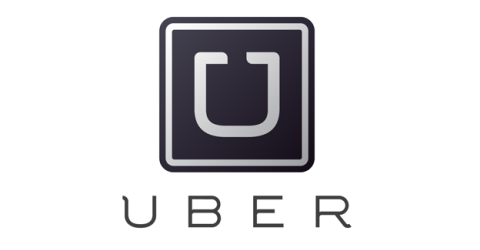The Philippines is among the first countries in the world to legalize and create specific regulations for ride-sharing services like Uber. The LTFRB will start accepting applicants for formal accreditation this June 1.

Here are the list of guidelines and accreditation requirements for the likes of Uber.
1) Passenger Personal Accident Insurance
2) Allowed vehicle type: sedan, AUV, SUV, van only
3) No fixed route
4) Air-conditioning required
5) Driver must be 21 years old and registered with LTFRB (perhaps to get professional driver’s license)
6) Vehicle must not be more than 3 years old from date of manufacture
7) Maximum vehicle age limit of 7 years from date of manufacture
8) Maximum 7 passengers, including driver
10) One year validity of accreditation
11) Vehicles will need to put some sort of signage to differentiate them from private vehicles
12) Drivers are prohibited from regular hailing passengers not using the app
13) Drivers must provide receipts
14) Must register with the BIR (probably sole prop)
Accreditation fee is Php10,000 and an application fee of Php510 is charged for the first 2 cars.
There has been a lot of debate surrounding the growth of ride-sharing apps since last year. The discussion revolved around the struggle between technology innovation vs. security and regulation (see our story “The Uber Case: In defense of LTFRB“).
The post LTFRB sets accreditation rules for Uber to go legal appeared first on YugaTech | Philippines, Tech News & Reviews.
